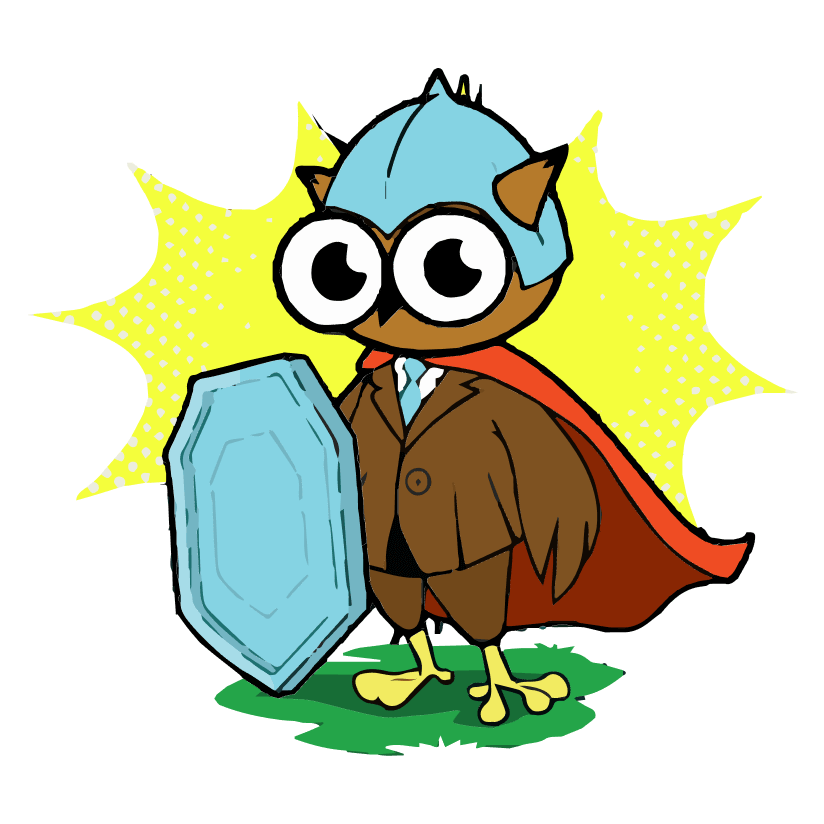VPN Frequently Asked Questions
A VPN (Virtual Private Network) is a service that allows you to create a secure and encrypted connection to another network over the internet. It hides your IP address and protects your online activities from hackers, ISPs, and other third parties.
Using a VPN provides various benefits, including enhanced security and privacy, access to geo-restricted content, safe torrenting, and bypassing censorship and surveillance.
A VPN works by encrypting your internet traffic and routing it through a secure server in a different location. This process hides your IP address and makes your online activities virtually untraceable.
In most cases, a VPN will slightly slow down your internet connection due to the encryption process. However, in some situations, it may help you avoid bandwidth throttling by your ISP, which can result in a faster connection.
Not all VPNs are equally safe. It's crucial to choose a reputable VPN provider with a strong commitment to user privacy and security. Look for features like a strict no-logs policy, strong encryption, and secure protocols.
Using a VPN may cause a slight decrease in your internet speed due to the encryption process and the extra distance your data has to travel. However, the impact on speed can vary depending on the VPN provider, server location, and your internet connection.
To choose the best VPN, consider factors such as security features, privacy policies, server locations, connection speeds, ease of use, device compatibility, and customer support. Additionally, read reviews and user experiences to make an informed decision.
Yes, most VPN providers allow you to use their service on multiple devices simultaneously or offer apps for various platforms. Check the provider's website to see how many devices are allowed and which platforms are supported.
While some free VPNs can provide basic security and privacy, they often have limitations in terms of server locations, connection speeds, and data usage. Additionally, some free VPNs may log your activities or display ads. It's generally recommended to use a reputable paid VPN for better performance and security.
A VPN can enhance your online security by encrypting your data and hiding your IP address, making it harder for hackers to intercept your information. However, a VPN is not a complete security solution and should be used in conjunction with other security measures, such as antivirus software and secure browsing habits.
Using a VPN significantly increases your privacy, making it much more difficult for third parties to track your online activities. However, a VPN is not foolproof, and some information may still be leaked due to browser fingerprinting or other tracking techniques. Using a reputable VPN provider and adopting good security practices can minimize these risks.
Using a VPN for torrenting is recommended to protect your privacy and avoid potential legal issues. A VPN can hide your IP address, encrypt your torrent traffic, and prevent your ISP from monitoring your activities.
Yes, a VPN can help you bypass geo-restrictions by allowing you to connect to servers in different countries. This makes it appear as though you're accessing content from that country, enabling you to access streaming services and content that may be blocked in your region.
In most countries, using a VPN is legal. However, some countries have restrictions or outright bans on VPN usage. It's essential to research the laws and regulations in your country before using a VPN.
Setting up a VPN on your device typically involves downloading and installing the VPN provider's app, then logging in with your account credentials. Once logged in, you can choose a server location and connect. Some devices may require manual configuration, which usually involves following step-by-step instructions provided by the VPN provider.
VPNs have different logging policies. Reputable VPN providers maintain a strict no-logs policy, meaning they don't store any information about your online activities. It's essential to research a VPN's logging policy before choosing a provider to ensure your privacy is protected.
A VPN can potentially improve your online gaming experience by reducing latency and bypassing geo-restrictions on gaming content. However, using a VPN can sometimes increase latency, depending on the server location and your connection. It's crucial to test different VPN providers and server locations to find the best option for your gaming needs.
To check if your VPN is working correctly, you can use online tools like IP leak tests and DNS leak tests. These tests will show you if your IP address and DNS requests are being routed through the VPN server, ensuring your privacy is protected.
A VPN kill switch is a feature that automatically disconnects your internet connection if the VPN connection drops. This prevents your internet traffic from being exposed to third parties when the VPN connection is lost.
Using a VPN on public Wi-Fi networks is strongly recommended to protect your privacy and security. Public Wi-Fi networks are often unsecured, making it easy for hackers to intercept your internet traffic and steal sensitive information. A VPN encrypts your traffic, making it much more difficult for third parties to intercept and read.

Try VPNList today
Get Started With VPNLIST today and experience the benefits of true online freedom
